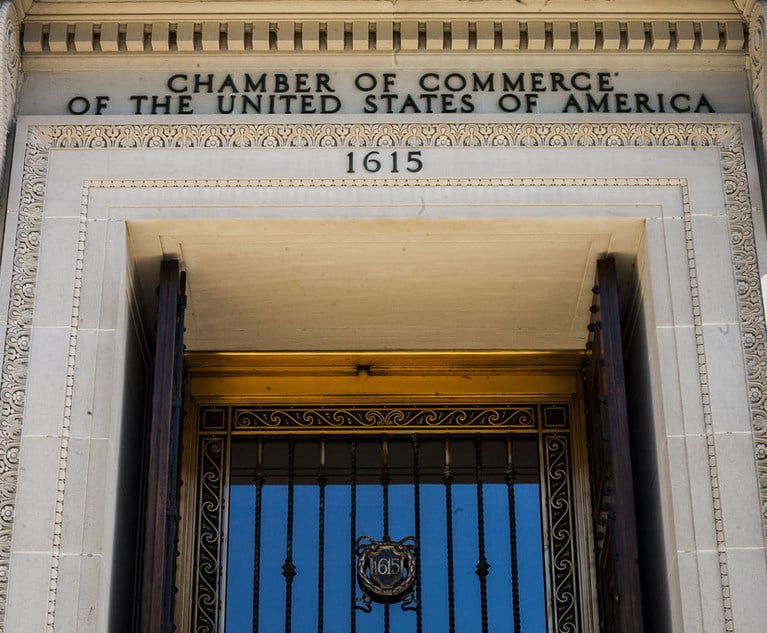Today, the U.S. Supreme Court will hear oral arguments in Axon Enterprise v. FTC. While the technical issue before court is simply jurisdictional—whether a party subject to an agency administrative proceeding has the right to sue the agency in federal court before the conclusion of that proceeding—the court’s opinion here will have much broader implications. This case presents a rare opportunity for the court to put a check on the Federal Trade Commission’s yearslong abuse of due process and its practice of bringing dubious administrative lawsuits that would never pass muster in federal court. A process that has resulted in a near-100% win rate for the FTC over the past two decades.
As it stands, FTC administrative proceedings strongly favor the FTC and almost entirely insulate the agency from accountability. When the FTC wants to bring an action against a company for purported violations of the antitrust laws, three of its five commissioners simply vote and then bring an administrative complaint. The FTC’s own staff then tries the case, in its own administrative court, before its own administrative law judge (ALJ). The parties do not have the option of a hearing before an impartial Article III judge. After the trial and an “initial” decision by the ALJ, the same commissioners that voted to bring the complaint decide whether to sustain the ALJ’s ruling, or reverse him and sustain the allegations in their original complaint.


 Will Lavery, a partner with Baker Botts. Courtesy photo
Will Lavery, a partner with Baker Botts. Courtesy photo





